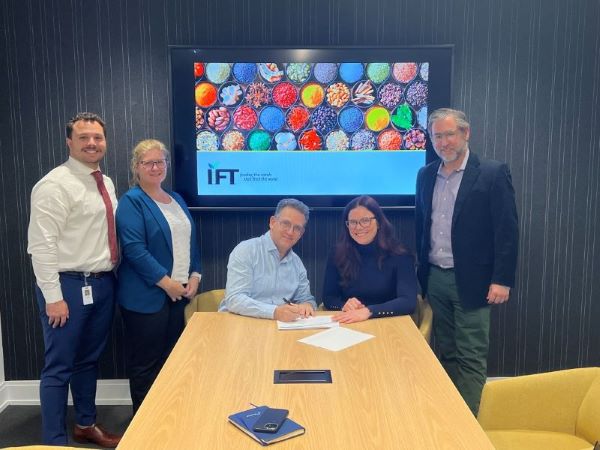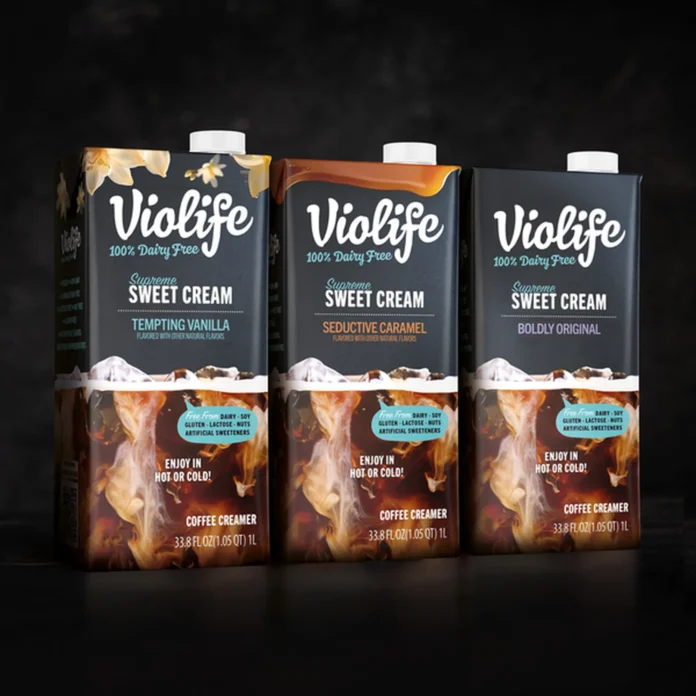
A new report from Ingredient predicts that 2025 will be a year of stark contrasts — digital fatigue alongside technological advancement, comfort foods with modern twists, and global cuisines adapted for American kitchens. Their analysis reveals five key trends that will define how consumers eat, cook, and think about food in the year ahead.
A return to human connection
In an era of AI-generated content, consumers are craving authenticity in their food experiences. This could lead to a significant shift away from anonymous brand messaging toward real voices and faces in food content, particularly on social media platforms where cooking tutorials and recipe sharing thrive.
Comfort gets a modern makeover
“Newstalgia” — a blend of nostalgia with modern twists — is expected to be a major force, particularly in snacks and desserts. Think classic treats reinvented with contemporary ingredients and flavors. This trend reflects consumers’ desire for familiar comfort foods during uncertain times, while still craving innovation.
Global cuisines make it to mainstream
Global cuisines are set to significantly influence home cooking, with Georgian, African, and classic French, Mexican, and Portuguese dishes gaining traction. This shift is driven partly by increasing interest in sustainable, plant-based ingredients and traditional cooking methods.
GLP-1 takes effect
Weight loss medications like GLP-1s are poised to revolutionize eating habits and food industry offerings, driving demand for protein-rich foods, macro nutrients, and smaller portions, while spurring innovation in functional foods and healthy recipe alternatives. Food manufacturers will likely adapt their offerings to meet these changing consumption patterns.
Gen Z sparks innovation
With their global income projected to reach $17 trillion by 2025, Gen Z’s influence on food trends can’t be understated. Their preferences are driving several micro-trends, including budget-conscious meal solutions, the popular “swicy” (sweet and spicy) flavor combination, and semi-homemade cooking approaches. In addition, their focus on sustainability and authenticity is pushing brands to rethink product development and marketing strategies.
Looking ahead, Ingredient’s report suggests these trends will significantly impact everything from product development to marketing strategies. As consumers become more conscious of health, sustainability, and authentic experiences, brands that can adapt to these evolving preferences while maintaining transparency and quality will likely see the most success in 2025 and beyond.

Credit: Source link













